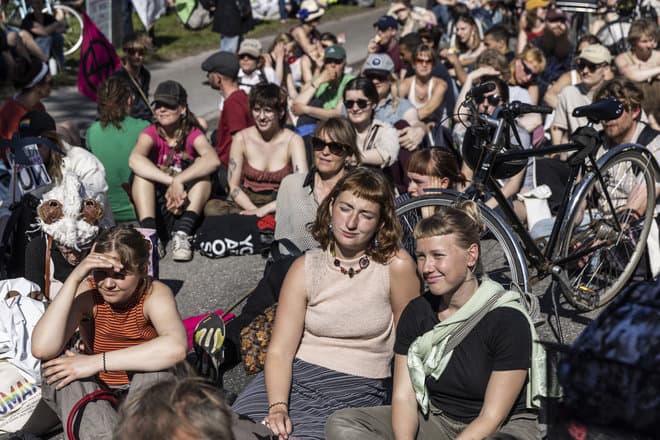The current high energy prices mean that owners of wind turbines and biogas plants earn extra money. But in return, they have to forgo subsidies from the state. The rules have a cap, so that public subsidies are limited or completely eliminated when the market price exceeds a certain limit.
This means that the state saves a few billion kroner on an annual basis, estimates director Lars Aagaard from the Danish Energy industry organization to Fagbladet 3F.
He believes that the Danish Parliament thus has a unique chance to lower electricity taxes. The government has already presented plans for a reduction, but with the extra billions it could happen earlier, faster or to a greater extent, suggests Lars Aagaard.
- Energy taxes hit families with lower incomes relatively harder than others. The electricity tax is socially disproportionate, and it slows down our transition to using more electricity instead of oil, says Lars Aagaard.
The latest projection from the Danish Energy Agency calculates that the state will need to spend approximately DKK 3.7 billion this year in support for wind turbines on land and at sea. Biogas will receive subsidies of approximately DKK 600 million this year. The subsidy will decrease year by year until 2030, the projection shows.
Extremely high electricity tax
But the high energy prices and the ceiling on subsidies mean that the state's costs may decrease more quickly. Lars Aagaard adds that the state is currently also making extra money from selling CO2 quotas. They have also increased in price. This provides even more money to lower the electricity tax, says Lars Aagaard.
Jørgen Poulsgaard, who is vice-chairman of the Danish Energy Owner-Consumer Forum and chairman of the supply company RAH headquartered in Ringkøbing, also believes that the public sector's profit from higher energy prices could be used to lower the electricity tax.
- The high electricity prices are hitting Mr. and Mrs. Hansen. They don't know it yet because they will only receive an invoice later. But this could be compensated for by lowering the electricity tax, urges Jørgen Poulsgaard.
He also points out that lower electricity taxes will push the green transition.
In the Finance Act for 2021, the revenue from the tax on electricity is initially stated at 11.5 billion DKK.
- The electricity tax in Denmark is extremely high compared to other countries. It's crazy. I haven't met countries with a higher tax, says Lars Aagaard.
amp
Text, graphics, images, sound, and other content on this website are protected under copyright law. DK Medier reserves all rights to the content, including the right to exploit the content for the purpose of text and data mining, cf. Section 11b of the Copyright Act and Article 4 of the DSM Directive.
Customers with IP agreements/major customer agreements may only share Danish Offshore Industry articles internally for the purpose of handling specific cases. Sharing in connection with specific cases refers to journaling, archiving, or similar uses.
Customers with a personal subscription/login may not share Danish Offshore Industry articles with individuals who do not themselves have a personal subscription to Danish Offshore Industry.
Any deviation from the above requires written consent from DK Medier.


























